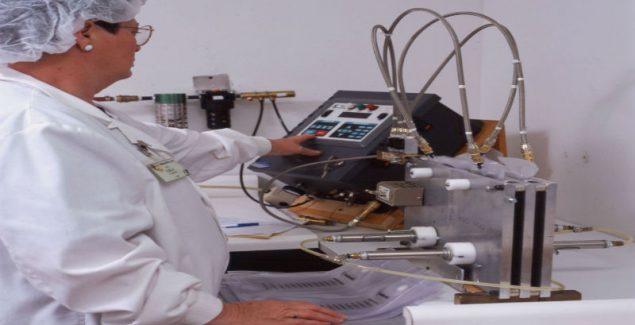Heat sealers are critical for the operation of multiple business, especially in the food retail business. From supermarkets to food trucks, restaurants and other industries where sealing products is absolutely essential to preserve them, heat sealers play a central role in keeping a business going.
However, not all heat sealing is equal. When selecting a sealer or sealing service like Polo Custom Products, it’s important to differentiate between impulse sealing and direct heat sealing.
What is Impulse Sealing?
Impulse sealing requires absolutely no pre-heat time and utilizes a short yet powerful burst of heat to quickly and singularly heat and melt plastic together – thus sealing a package. Impulse sealers are common at supermarkets when packaging and selling rice or other food articles, in the form of a metallic jaw that is heated for an instant only when the jaw is pressed down into the machine.
Impulse sealers work very simply, and they’re perfect for a variety of thermoplastic resins, which, as per wiseGEEK, are plastics like polyethylene, polyvinylchloride, saran, nylon, Mylar, coated bags, and others. These thermoplastic materials are defined by their ability to melt and harden based on low melting temperatures as per the Free Dictionary.
They’re idea for businesses that need to seal their products quickly, in a cost-effective manner. But they’re less ideal for thicker, more durable products.
What is Direct Heat Sealing?
Unlike impulse sealing, direct heat sealing derives its usefulness from the ability to heat and melt much more durable forms of plastic. Thick Mylar, coated PP, coated aluminum foil, poly cello films, waxed paper and Kraft papers are examples of materials that need constant heat sealers, which specifically differentiate themselves from impulse sealers through maintaining a constant heat on both jaws of the sealer.
Which Should You Buy?
The main difference is obviously what needs to be sealed – impulse sealers are perfect for thin materials that only take a second to melt and cool, while direct heat sealers work best for thicker materials. Other considerations to make are how much energy you can spare to pre-heat your constant heat sealers, and whether or not you prefer a portable sealer, a hand sealer, or even a more convenient foot sealer.







